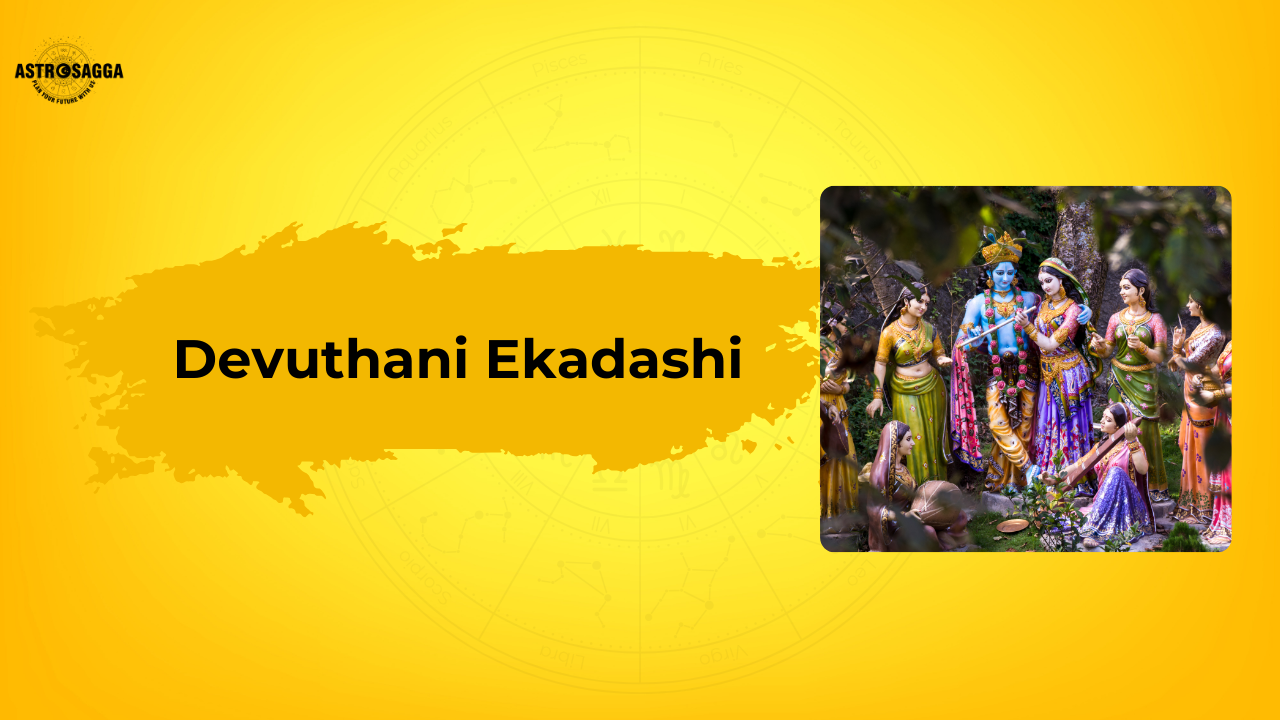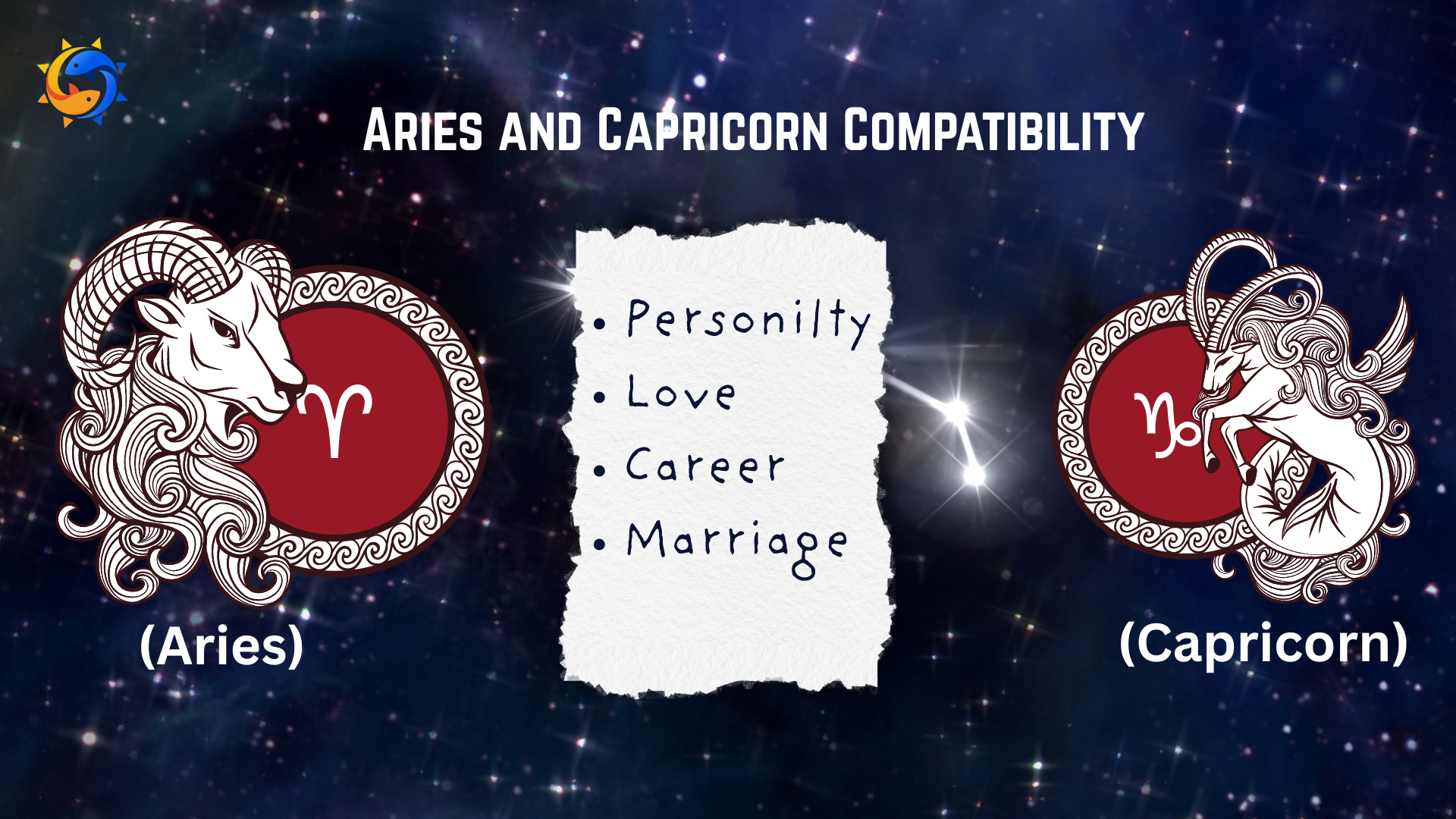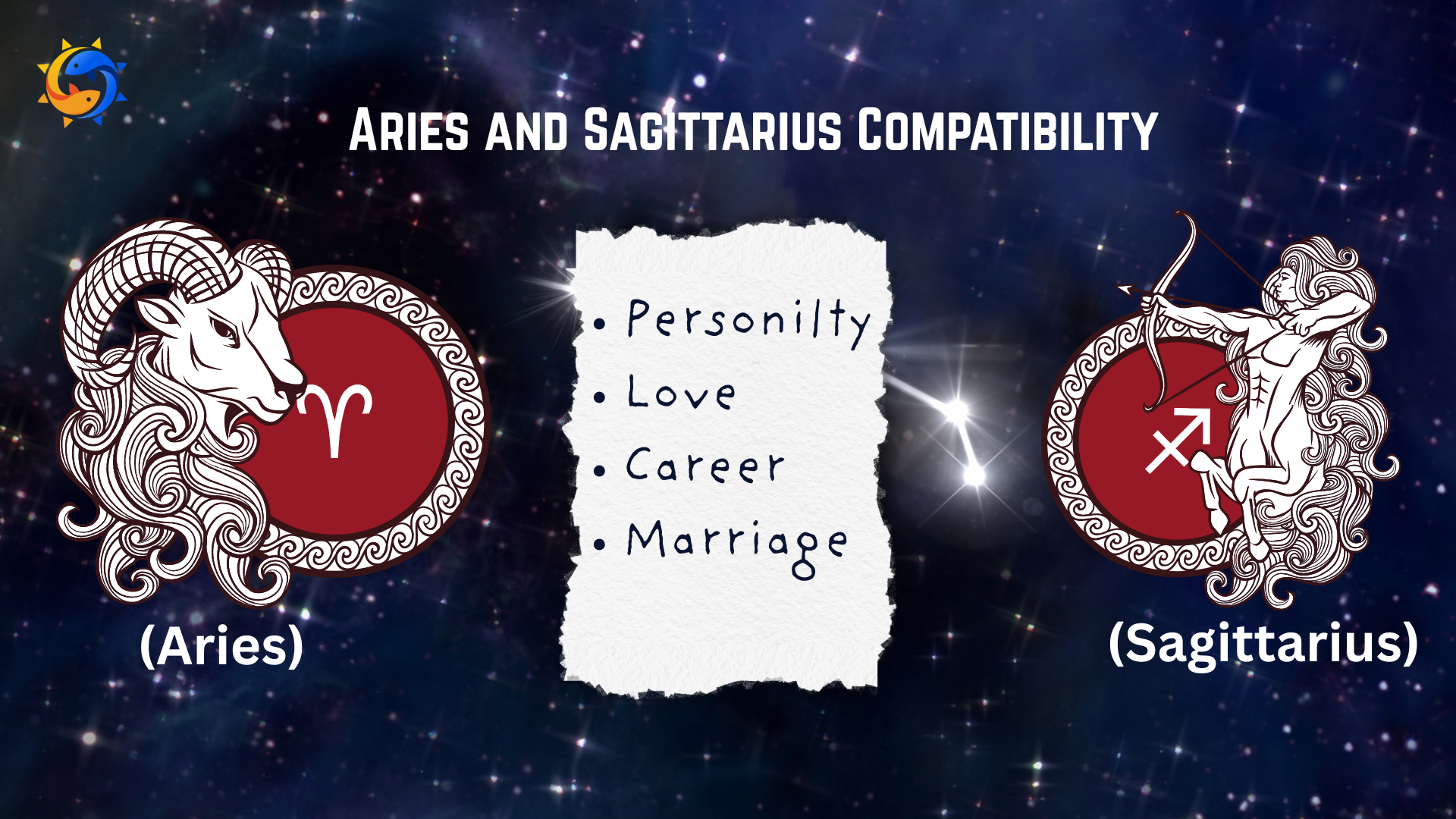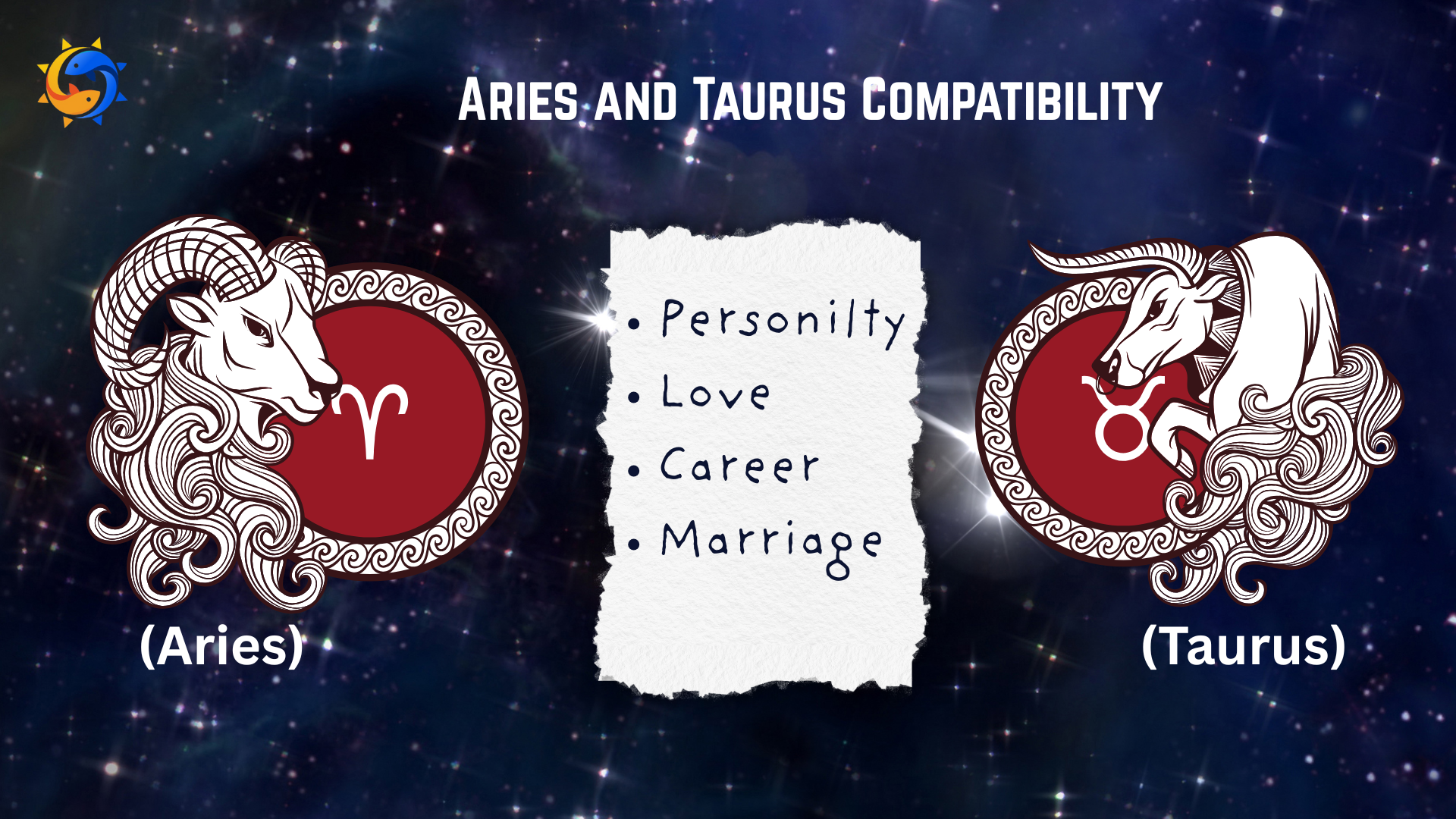Devuthani Ekadashi, also known as Prabodhini Ekadashi or Deva Uthani Ekadashi, is one of the most revered days in the Hindu calendar. This festival is celebrated to mark the awakening of Lord Vishnu from his four-month slumber, which starts on Devshayani Ekadashi in the month of Ashadha. Devotees eagerly wait for this day, as it signifies the resumption of auspicious activities, including weddings, housewarming ceremonies, and other religious observances.
Devuthani Ekadashi Date in 2024: November 12, 2024 (Tuesday)
Significance of Devuthani Ekadashi
Devuthani Ekadashi holds immense spiritual importance, symbolizing the end of Chaturmas, a period of four months during which Lord Vishnu is believed to be resting in cosmic slumber. According to Hindu Scriptures, on this day, Lord Vishnu awakens from his sleep in the Ksheersagar (ocean of milk), marking the beginning of all auspicious ceremonies and religious celebrations.
Devotees observe a strict fast and offer prayers to Lord Vishnu, seeking his blessings for a prosperous and fulfilling life. The day is particularly significant for those who seek spiritual progress, as it is believed that observing this Ekadashi can help one attain liberation from the cycle of birth and rebirth.
Read Also - Chhath Puja 2024: Dates, Rituals, and Significance
Rituals and Customs of Devuthani Ekadashi
The rituals performed on Devuthani Ekadashi are diverse and hold great religious value. Devotees observe the day with complete dedication, and the rituals vary across regions in India.
Fasting:
Devotees undertake a fast on Devuthani Ekadashi, refraining from grains and certain food items.
The fast begins with the sunrise and continues until the next day, concluding after offering prayers to Lord Vishnu.
The primary aim of the fast is to cleanse the body and mind, allowing devotees to connect more deeply with the divine.
Worshipping Lord Vishnu:
Devotees wake up early and take a sacred bath before performing prayers.
An idol or picture of Lord Vishnu is decorated with flowers and offered various items such as Tulsi leaves, fruits, and incense.
The Shaligram stone, representing Lord Vishnu, is also worshipped on this day, along with Tulsi (Holy Basil).
Tulsi Vivah Ceremony:
A significant aspect of Devuthani Ekadashi is the symbolic marriage of Tulsi to Lord Vishnu (Shaligram).
This ceremony is performed with great enthusiasm, especially in households and temples. Devotees dress the Tulsi plant in traditional wedding attire and conduct a ceremonial wedding, complete with singing, dancing, and offerings.
Lighting of Diyas:
Similar to the festival of lights, Devuthani Ekadashi is celebrated with the lighting of diyas (oil lamps), symbolizing the triumph of light over darkness and awakening over ignorance.
Reading Ekadashi Katha:
The Ekadashi story, or Ekadashi Vrat Katha, is recited on this day. This story is a powerful reminder of Lord Vishnu's compassion and the blessings that come from observing Ekadashi with devotion.
Celebration of Devuthani Ekadashi Across India
Devuthani Ekadashi is celebrated in various ways across India, with each region adding its unique customs to the festivities.
In North India: Temples are adorned with flowers and garlands, and special aartis are performed. Devotees gather to chant bhajans (devotional songs) dedicated to Lord Vishnu and witness the Tulsi Vivah with enthusiasm.
In Maharashtra and Gujarat: People visit temples, offer prayers, and observe fasts. The Tulsi Vivah ceremony is particularly celebrated in Gujarat, where it is often conducted on a grand scale.
In Madhya Pradesh and Rajasthan: Devotees hold elaborate celebrations for Tulsi Vivah, decorating the Tulsi plant with bridal finery. People also sing bhajans, dance, and enjoy festive foods after the rituals are complete.
The Scriptures Story Behind Devuthani Ekadashi
Devuthani Ekadashi, also known as Prabodhini Ekadashi, marks the day when Lord Vishnu awakens after a four-month slumber, known as Chaturmas, which began on Devshayani Ekadashi. According to Hindu scriptures, during these four months, Vishnu is believed to rest on the cosmic serpent, Shesha, in the celestial ocean. Devuthani Ekadashi signifies his awakening and is celebrated on the eleventh lunar day (Ekadashi) of the Kartik month in the Hindu calendar.
The story behind this day is linked to the goddess Tulsi, who was married to the demon Jalandhar. Due to Tulsi’s devotion, Jalandhar became invincible. Lord Vishnu, in a bid to save the world from Jalandhar's tyranny, broke her vow unknowingly, leading to his victory over Jalandhar. Eventually, Tulsi forgave Vishnu and married him, becoming the sacred Tulsi plant. Hence, Tulsi Vivah rituals are performed on Devuthani Ekadashi, symbolizing purity and devotion.
At the end of Chaturmas, on the day of Devuthani Ekadashi, Lord Vishnu awakens, marking the onset of positive energies and the revival of auspicious events. This mythological tale emphasizes the cyclic nature of life and the importance of rest and rejuvenation, even for the divine.
Devotee's Prayers and Wishes on Devuthani Ekadashi
On Devuthani Ekadashi, devotees seek blessings from Lord Vishnu for various life goals:
For Spiritual Progress: Many observe the fast and rituals to enhance their spiritual journey, praying for liberation and inner peace.
For Prosperity and Success: Prayers are offered for material prosperity, good health, and success in personal and professional endeavors.
For Harmony in Family Life: The Tulsi Vivah ceremony signifies the importance of family and marital harmony, reminding devotees of the sacredness of relationships.
Concluding the Fasting and Rituals
The fast observed on Devuthani Ekadashi is concluded the next morning, on Dwadashi Tithi. Devotees begin the day by worshipping Lord Vishnu and consuming a meal prepared with devotion. This meal is typically sattvic, devoid of onion, garlic, and other strong-tasting ingredients.
Importance of Tulsi Vivah in Hindu Marriages
The Tulsi Vivah ceremony on Devuthani Ekadashi is not only a celebration of devotion but also symbolizes the ideal of marital harmony. In many Indian households, Tulsi Vivah is performed as a symbol of an auspicious beginning, especially for newly married couples. It is believed that participating in or conducting Tulsi Vivah brings divine blessings upon a couple and strengthens their bond.
Devuthani Ekadashi 2024 – Key Points at a Glance
Date: November 12, 2024 (Tuesday)
Significance: Awakening of Lord Vishnu and beginning of auspicious ceremonies.
Key Rituals: Fasting, Tulsi Vivah, lighting diyas, and reciting the Ekadashi Katha.
Celebration Regions: North India, Maharashtra, Gujarat, Madhya Pradesh, and Rajasthan.
Main Festivities: Worshipping Lord Vishnu, Tulsi marriage, community gatherings, and festive decorations.
In Conclusion
Devuthani Ekadashi is a day filled with devotion, spiritual awakening, and joy. The celebration of Lord Vishnu’s awakening, coupled with the symbolic marriage of Tulsi, brings communities together in reverence and celebration. By observing Devuthani Ekadashi with dedication, one can invite divine blessings, spiritual progress, and fulfillment in life. For devotees, this Ekadashi is not merely a day of fasting but a powerful reminder of the grace and protection of Lord Vishnu, guiding them toward a life of virtue and prosperity.
Want to understand your relationships better? Talk to the friendly astrologers at AstroSagga for personalized readings and advice.












